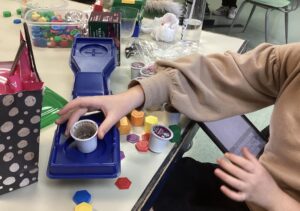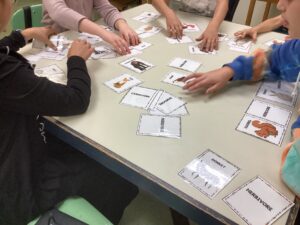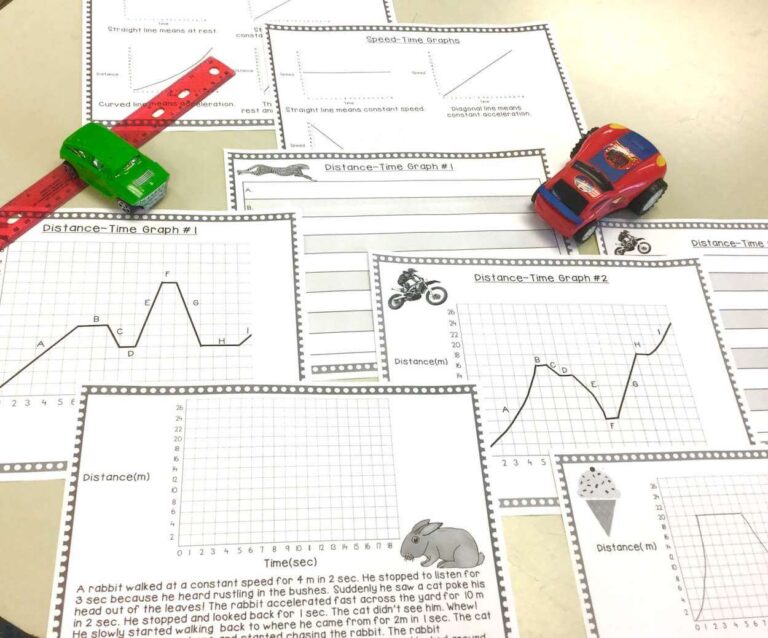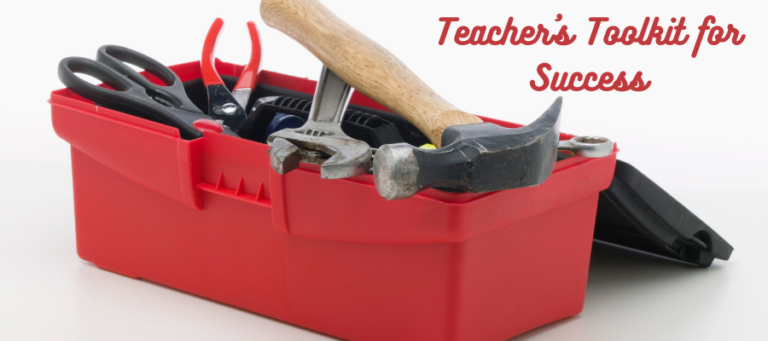So How Do You Develop Relationships with Middle School Students?
Have you heard that it is crucial that you develop relationships with middle school students, but you don’t know where to start?
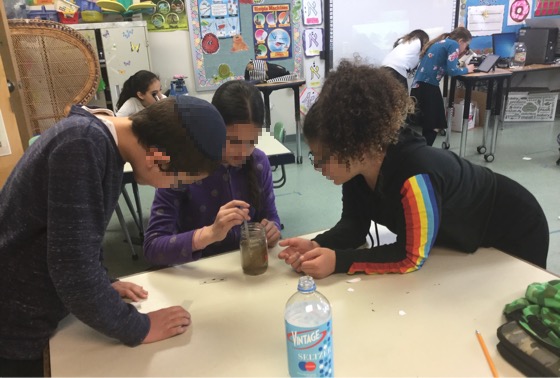
So How Do You Develop Relationships with Middle School Students?
Updated August 27, 2023
After teaching middle school science for over 30 years, I feel that developing relationships is definitely the most important tool. Let’s go over some ways a teacher can do this.
Be Approachable
Try to be open and friendly so students feel that they can approach you with individual problems. Smile and use eye contact. Don’t be distracted when a student is speaking to you.
Active Listening
Give your full attention when a student speaks. Even if they are discussing the smallest things, be empathetic and understanding. Remember, your body language is just as important as your words. Someone once said to me that I may be the only person in this child’s life that listens to them. That really hit me hard and I try to remember that.
Show Students Respect
Fairness is extremely important to a middle school child, which goes along with respect. There should be no favoritism, and it should not matter if you are speaking to a child who is acting up, or one who is listening quietly. Yes, that can be very, very difficult! However, if you show a lack of respect, the students will definitely not give any in return. I speak to the students in a very matter-of-fact way, basically not much different that I would speak to my friends and family. Students seem to understand that and appreciate the non-condescending approach.
Learn Their Names
I’m terrible at names, but I try really hard to use small mental tricks to try to learn them fast at the beginning of the year. Having a seating chart, that I refer to constantly, is a big help. Having something on their tables with their name on it, as I walk around, can be very useful for helping me remember.
One of the biggest complaints that a substitute teacher has is that their power and control is lessened because they do not know the student’s names!
Establish Classroom Norms
Make sure that your classroom policies are logical and fair. If you get the students involved in helping to create a list, this will give them extra ownership. Post the policies in your room. Sometimes I just walk over to the poster and point. No words needed.
Show Genuine Interest
Learn the interest of the students, their hobbies, their talents, and anything you might have in common. I had an extremely shy, talented artist in my class who struggled academically. I showed him some of my drawings when he showed me his drawings. I didn’t just gush about how great they were, but focused on specific aspects. He really appreciated our conversations. He started to do so much better academically and I had a lovely letter from his mother at the end of the year.
Communicate Effectively
Use clear language and visual aids to explain your expectations. There is nothing more unnerving to an anxious student than a teacher who gives minimum instructions or examples, but still has high expectations. Allow the students to meet with you, send emails to you or send written questions. I always try to give a rubric and clear guidelines as to how to succeed. Even my labs have a lab rubric that I keep posted on the wall. Accountability, and knowing how to succeed, feels safe to all students.
Use Collaborative Activities
Set up as many activities that involve group work, and students getting together with their peers, as you can. You can walk around the room and build teacher-student bonds while they are working.(Review Made Fun: Science Room Gamification)
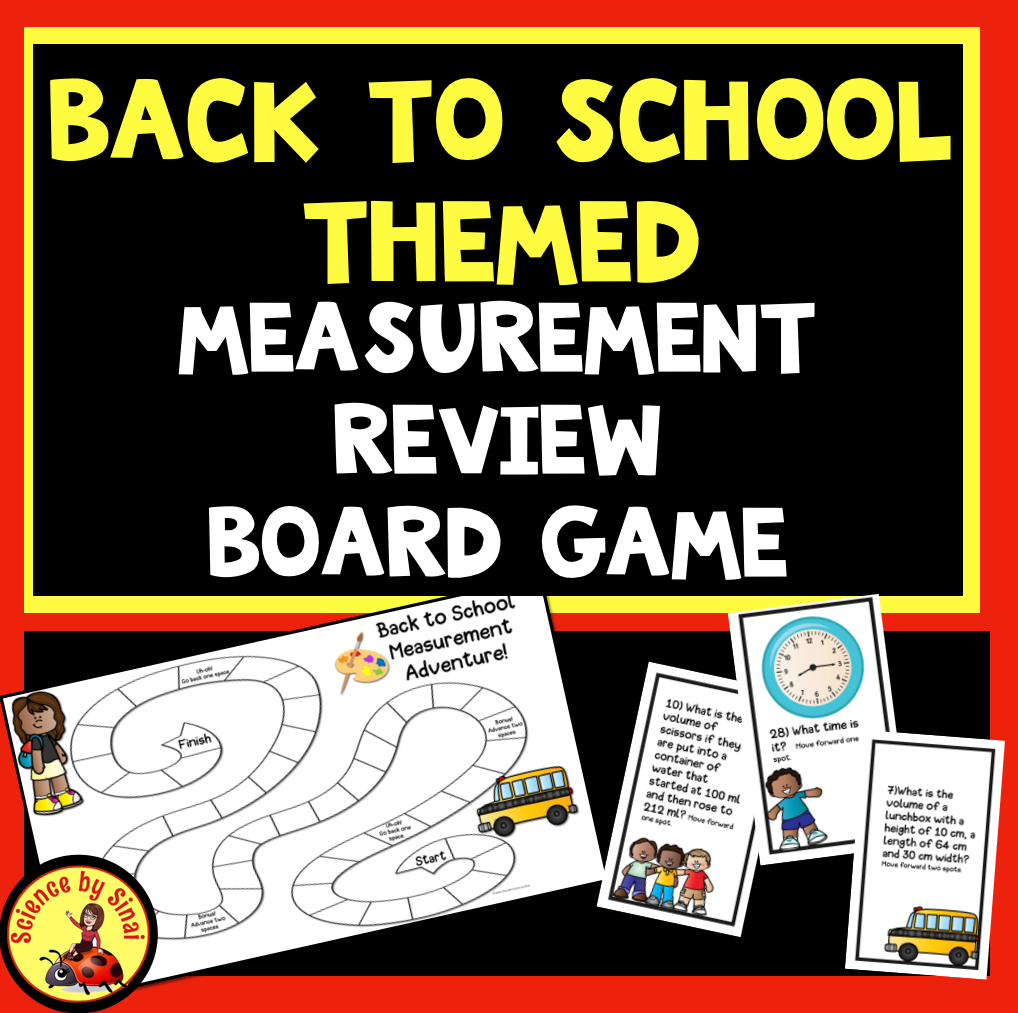
Celebrate Diversity
Create a warm and inclusive classroom with multicultural perspectives and engage all of the students. Show genuine interest in the differences that students may have. Be respectful and private with any special individual needs. Middle school students really do pay attention to this.
Positive Reinforcement
Recognize and praise accomplishments, as often as possible. It could be the smallest success that makes a student feel supported. That being said, be careful not to appear to be giving “fake praise”.
Attend Extracurricular Activities
I learned so much more about my students by going to a talent show! I had no idea that these students had so many facets of their lives. Try to attend a sports event once in a while, if you can. Even if they just saw you in the classroom an hour ago, they get excited to see you on the sidelines! These events give you great conversation starters in the classroom, but also lets them know that you care about them outside of class.
Laugh With the Students
I’ve said this in other blog posts. Use funny memes, weird test titles, funny stories, etc. Laughing together creates warmth and fun. I learned from a teacher friend to have a funny meme projected on my board every day. The students do a small snicker as they walk in. If they were having a bad day, it takes the edge off just a bit.(10 Tips to Prevent Discipline Problems in Your Classroom)
Personalized Feedback
I’m not a big advocate of grading every single assignment, but I do believe in very specific personalized feedback on the larger assignments. There’s nothing worse than just slapping a grade on a project, or assignment, with no interaction or discussion!
Think how good you feel when your administration compliments you on a great science fair or bulletin board. The students need to feel that way and even more!
Share Your Personal Stories
Remember how you loved when teachers shared their personal life? It’s still the same. However, be very careful what you are sharing. Students shouldn’t know about very personal aspects of your life, such as a divorce, sickness, or financial issues. Lighthearted stories, that go along with your topic, capture student interest. I talk about my dog, my cat, my horse and my daughter and you can feel the hush in the room as I get more personal. I may even discuss a local restaurant that I tried out and ask if anyone has been there yet, and suddenly we are “friends” having conversations.
Teach Students How to Be a Student!
I left this for last because I find it to be the most important! Quite often we ASSUME that students know how to navigate being a middle school student. Do you remember how are you felt in middle school? People my age will say that it was the most upside down, topsy-turvy, emotional roller coaster that they’ve ever been on.
Do the students know how they should address you? Do the students know WHEN they should address you in a classroom setting? How should they speak to a classmate? How should they behave during a hands-on activity?
You may have to model the correct behavior!
Some classes need to actually have a run through on how to walk into the classroom. They will even look at you with surprise when you tell them that the way that they came into the room was unacceptable. They genuinely need to be taught how to behave!
Do your students understand exactly what is classified as bullying? You may be surprised. Students may say they are “just joking” while the victim of the joke is not laughing at all. Again, modeling is important.
Do you students know how to organize themselves throughout the semester to succeed on tests? (Teaching Students Organizational Skills)
Enjoy Your Class!
I know sometimes that is super hard. Some classes have made me watch the clock and others are a delight. Look hard at what makes each class tick. Who are the leaders? What is important to them? How could you reach out to the leaders? Above all, always remember that any behavior, or acting out towards you, is very rarely personal! The assignment that you just gave, that overwhelmed that student on that day, may have been the last straw after many days of stress. If you keep that in your mind you won’t react as if you’ve been attacked personally. Plus, you will gain more empathy towards that student and be more motivated to reach out.
The thing about developing relationships with middle school students is that once you have them, they are fiercely loyal! It is worth all of the above work to establish their trust and respect.
Please check out my other blog posts on classroom management, science activities and freebies at Sciencebysinai.com.







